Lifestyle
30 Social Etiquette Rules Boomers Wish Would Come Back

Some things really were better back in the day—at least when it comes to how we treat each other. These social etiquette rules might sound old-fashioned, but many Boomers believe the world would be a little kinder, calmer, and more respectful if we brought them back.
Saying “Please” and “Thank You” Without Being Prompted

Basic courtesy seems to have gone out the window. Boomers remember a time when saying “please” and “thank you” was just how you talked—no special effort needed. It wasn’t about politeness points; it was about respect. These simple words helped smooth daily interactions and made everyone feel a little more human.
Holding the Door for the Person Behind You
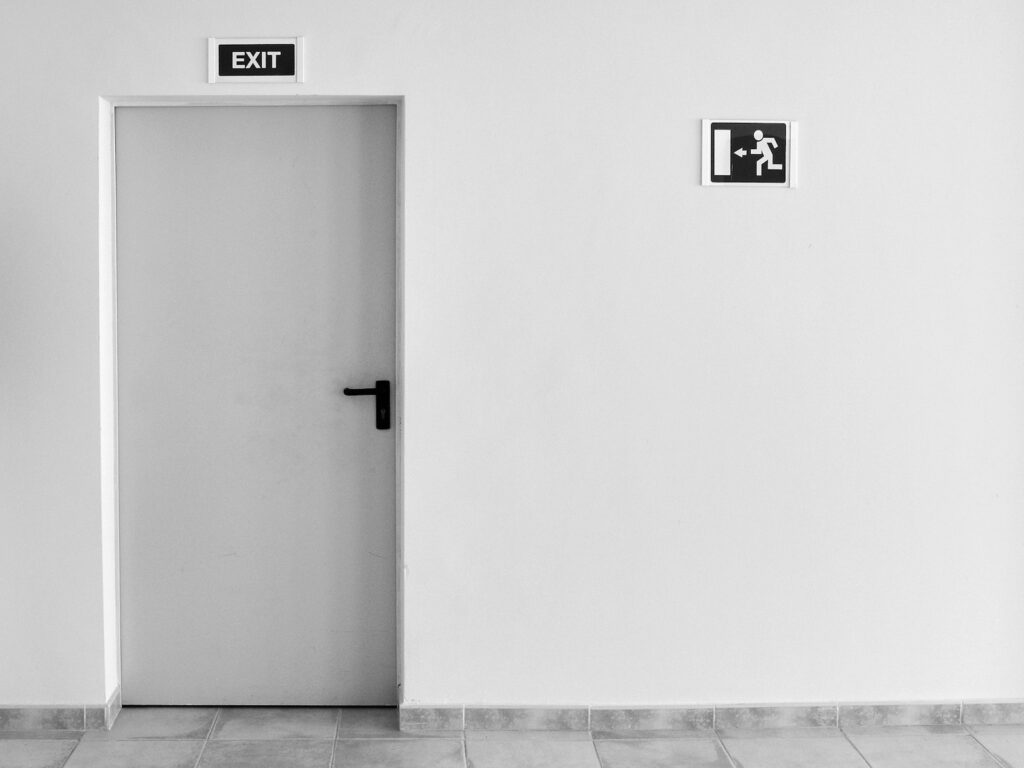
It didn’t matter who you were—if someone was walking in behind you, you held the door. Not because it was a grand gesture, but because it was the right thing to do. Today, people are glued to their phones, and those small acts of courtesy are disappearing fast.
Writing Thank-You Notes by Hand

A handwritten thank-you note used to mean something. It showed you took time to appreciate a gift, a gesture, or someone’s effort. Boomers miss the personal touch of real stationery, actual pens, and a moment of sincere gratitude—not a two-word text or heart emoji sent in a rush.
Letting People Off the Elevator Before You Get On
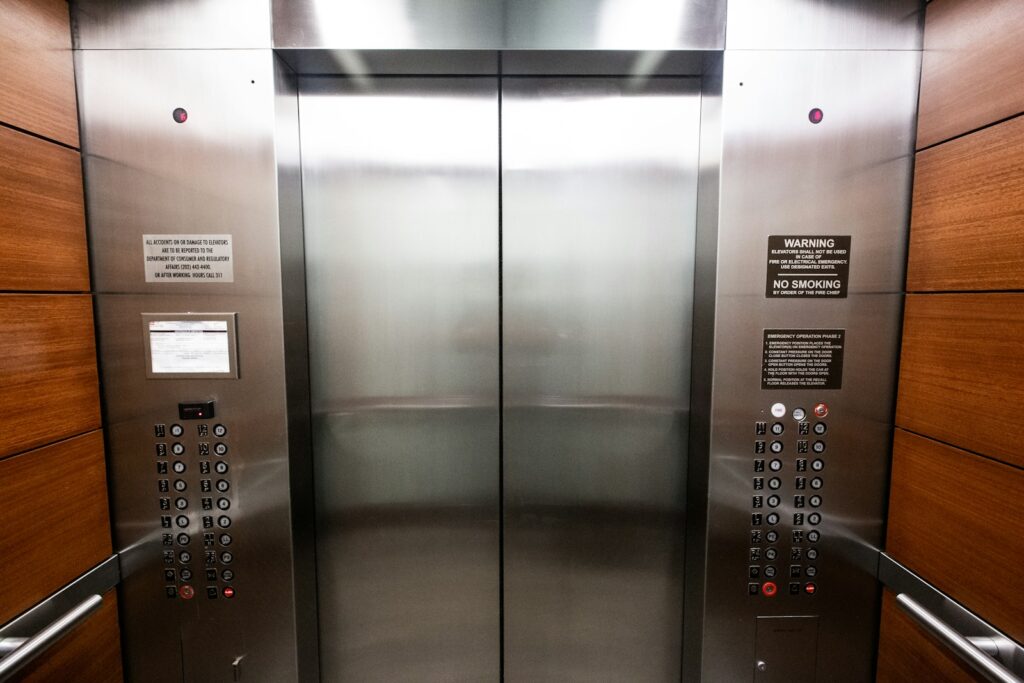
It’s a basic rule that seems to be forgotten in modern rush culture. You don’t barge in before letting people exit. Boomers were taught that this wasn’t just etiquette, it was also just logic and respect. You wait, make space, and then go. No one’s commute is that urgent.
Looking People in the Eye During a Conversation

Eye contact isn’t confrontation—it’s connection. Boomers were raised to believe that looking someone in the eye was a sign of honesty, confidence, and genuine interest. Today’s habit of glancing at a screen mid-sentence feels like a conversation killer. Bring back real, undistracted human interaction.
Not Interrupting When Someone Else Is Talking

Back in the day, you let someone finish their sentence before jumping in. It wasn’t just about politeness—it was about listening. Boomers often feel conversations today are more like competitions. Taking turns to speak shows respect and makes discussions feel more like connections, not debates.
Dressing Appropriately for the Occasion

You didn’t wear flip-flops to a wedding or sweatpants to dinner out. Boomers grew up with clear lines between casual and formal wear. Dressing up wasn’t about showing off—it was about showing respect for the event and the people around you. The message was: “This matters to me.”
Saying Hello to Neighbors

Even if you weren’t best friends, you acknowledged people who lived near you. A wave, a nod, or a “Good morning” went a long way. Boomers miss the sense of community that came from recognizing others as part of your world, even in the smallest daily interactions.
Keeping Your Phone Off the Table During Meals
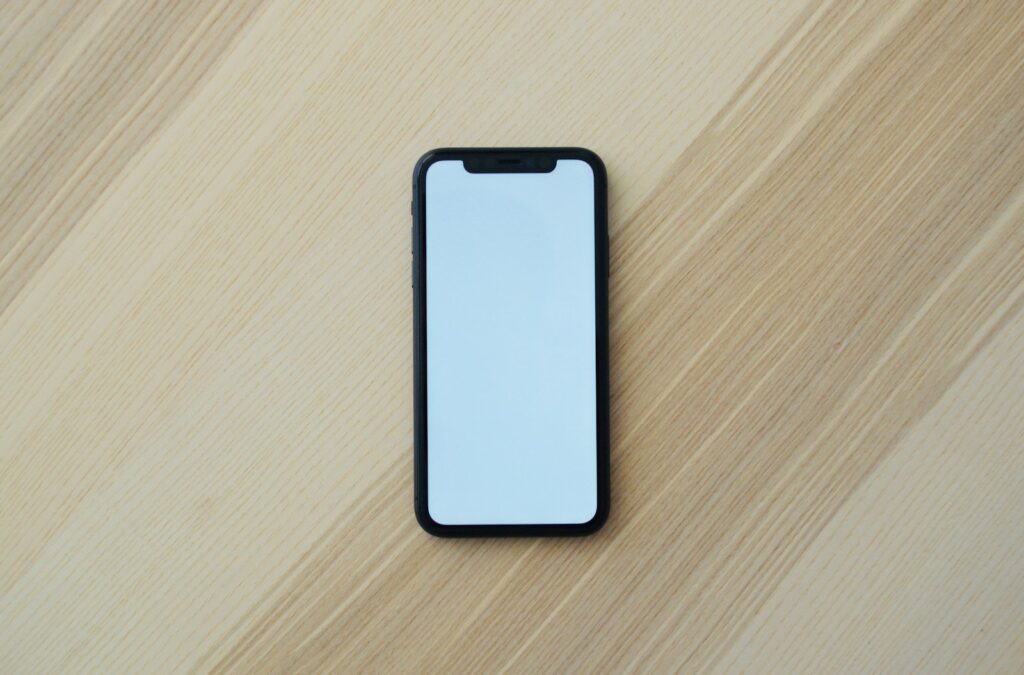
Dinner used to be sacred time—no distractions, no buzzing, just conversation. Boomers value the kind of attention you give when you’re not half-scrolling through social media. Phones at the table signal boredom or disinterest, and they break the old-fashioned rhythm of truly being present.
Sending RSVP Responses on Time

When someone invited you to something, you responded—promptly. None of this “maybe” until the last minute. Boomers were taught that RSVPing was a sign of good manners and consideration. It let hosts plan properly and showed you respected their time, effort, and the invitation itself.
Sending a Gift When You Miss an Important Event

If you couldn’t make it to a wedding, graduation, or baby shower, you didn’t just skip it without a word. Boomers were raised to send a gift or card as a sign of thoughtfulness. It was about showing you cared, even if you couldn’t be there.
Offering Your Seat to Someone Who Needs It More

On buses, trains, or crowded rooms, it was second nature to offer your seat to the elderly, pregnant, or injured. Boomers didn’t need to be told—it was instinctual. Today, it’s rarer, and that quiet form of kindness is something they wish more people still practiced.
Calling Instead of Just Texting Important News
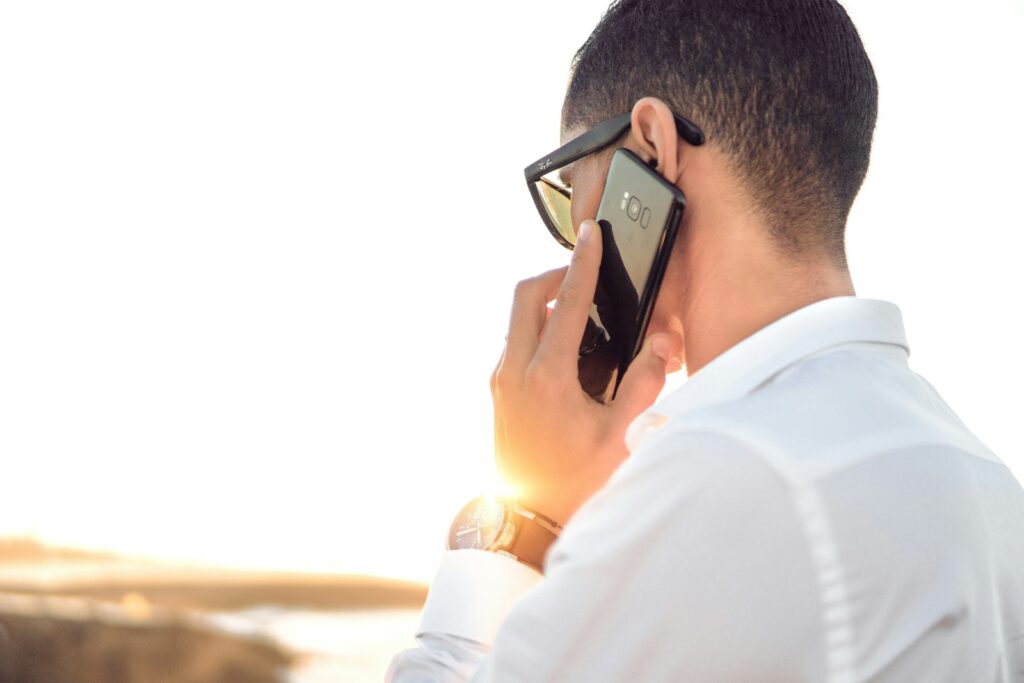
Not everything should be reduced to a thumbs-up emoji. Boomers value phone calls for their ability to convey tone, emotion, and sincerity—especially when the news matters. A text may be efficient, but a call shows you care enough to share the moment personally.
Being On Time—and Apologizing If You’re Not
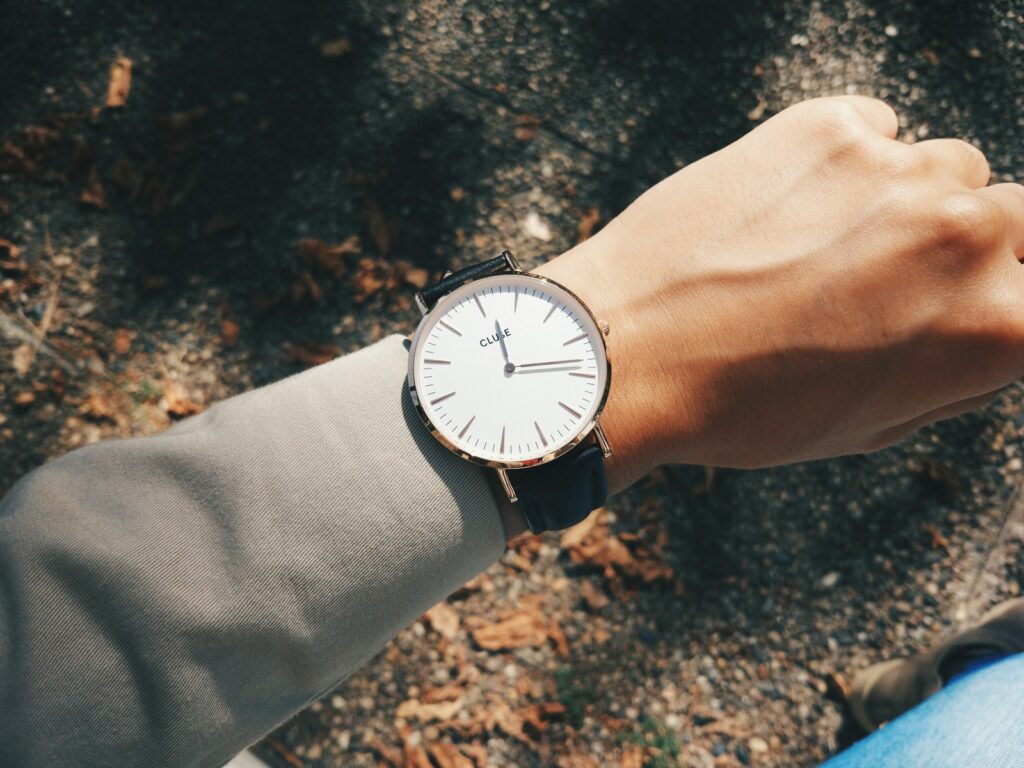
Being late used to mean you were being inconsiderate. Boomers were raised on punctuality as a form of respect. If something delayed you, you called, explained, and apologized. Running late wasn’t casual back then. It meant you were keeping others waiting, and that mattered.
Using Turn Signals Like a Decent Human Being

It may seem minor, but Boomers remember when driving came with courtesy. Using turn signals wasn’t optional—it was part of how you communicated with others on the road. The increase in road rage today, they’d argue, might have something to do with these small lapses in manners.
Holding Back on Swearing in Public

Boomers were raised to keep their language in check, especially around kids, elders, or strangers. Swearing was for moments of frustration, not casual conversation. Hearing loud profanity in a grocery store or restaurant today makes them wish people still knew how to filter their words in public spaces.
Dressing Respectfully for Travel

Flying used to be an occasion. You wore real shoes, maybe even a blazer. Boomers didn’t expect tuxedos at the gate, but pajama pants and bare feet in an airport still feel jarring. Looking put-together showed pride in your appearance and respect for the shared space.
Apologizing When You Bump Into Someone
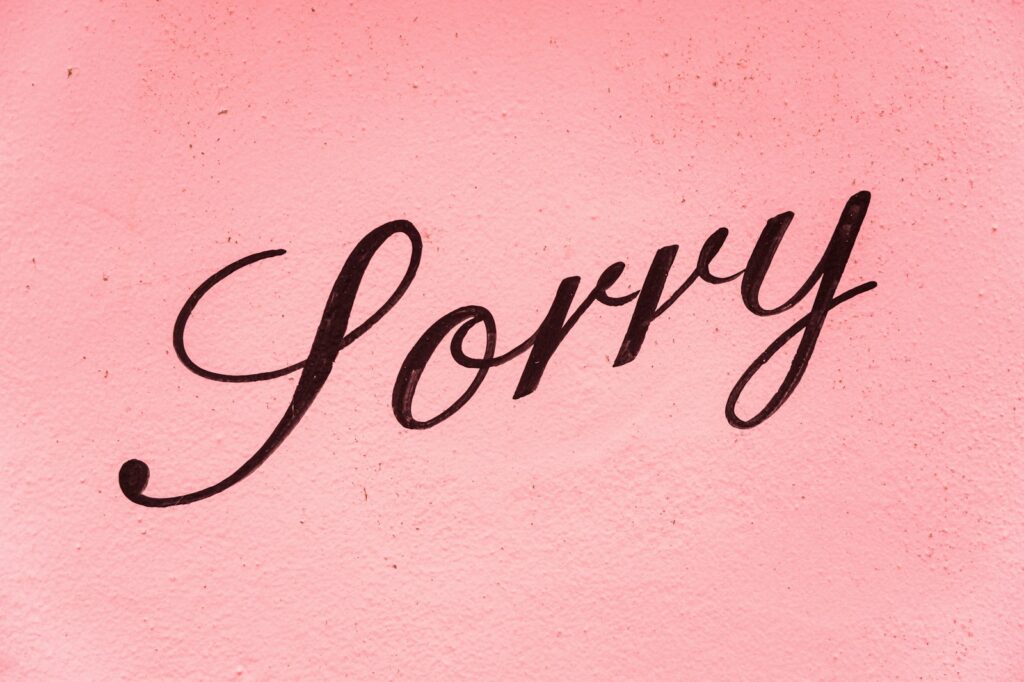
It’s a tiny moment, but it means a lot. Accidentally bumping into someone and muttering “my bad” while walking away wasn’t how Boomers were raised. A real apology, eye contact, and a smile helped keep public spaces more civil, even when everyone’s in a hurry.
Turning Down the Volume in Public Places

Boomers cringe when someone plays videos without headphones in a waiting room or lets their speakerphone echo through a café. Back then, you were taught to keep your noise to yourself. Public space was for everyone, and being mindful of volume was just good manners.
Not Airing Dirty Laundry in Public
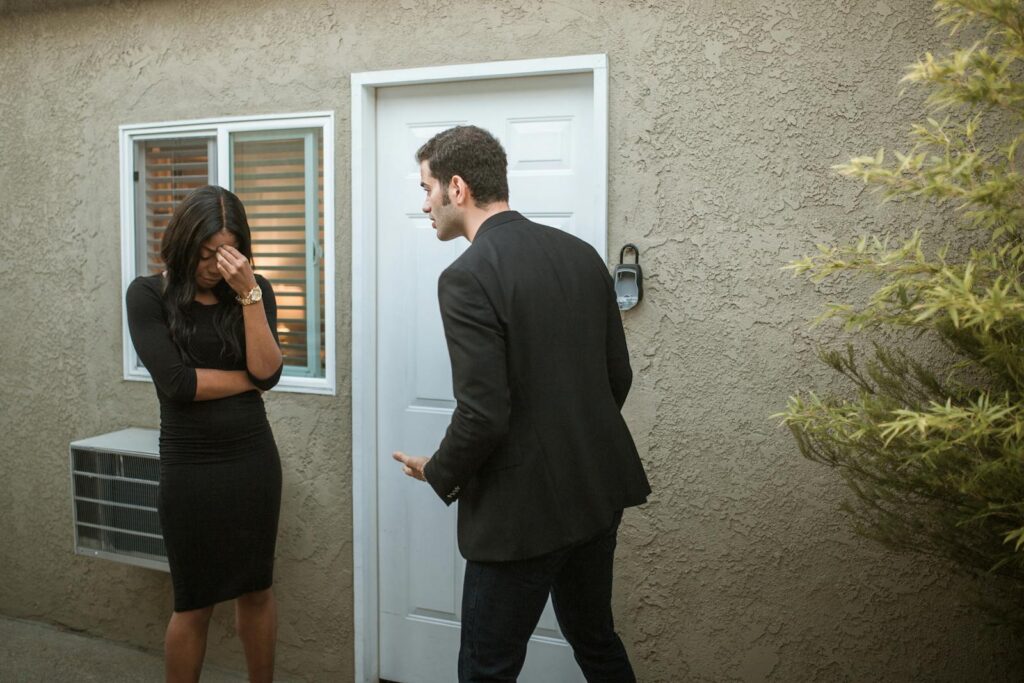
Arguing loudly in line or posting every family feud online feels like a cultural shift Boomers didn’t sign up for. Personal issues were handled quietly, behind closed doors. Sharing everything in real time might be normal now, but it leaves many Boomers wishing for more discretion.
Introducing People Properly in a Group Setting

If you brought someone new to a gathering, you didn’t just let them stand awkwardly in the corner. You introduced them by name, maybe even added a detail to help start a conversation. Boomers miss that small social grace that helped everyone feel included.
Respecting Personal Space in a Line

Boomers were taught not to crowd. Whether it was the bank or a movie theater, you left enough space to be polite. Standing too close wasn’t just uncomfortable, it was considered rude. Now, it feels like everyone’s forgotten how to queue with courtesy.
Letting Someone Merge in Traffic

Yes, it might cost you three seconds, but letting someone merge used to be a normal, even friendly, thing to do. Boomers remember when drivers gave a little wave of thanks and everyone got where they were going without turning it into a turf war.
Making Eye Contact and Greeting Cashiers

You didn’t just toss your items on the counter and stare at your phone. You looked the cashier in the eye, said hello, maybe even made small talk. Boomers see this as a basic gesture of humanity—and a part of everyday life that’s slowly disappearing.
Not Speaking Loudly on Your Cellphone in Public

Back when phones had cords, you’d never shout your personal drama across a room. Now, people talk at full volume in cafes, waiting rooms, even bathrooms. Boomers wish we could go back to when phone calls in public were quiet, quick, or saved for later.
Sending a Sympathy Card Instead of Just a Comment

Losing someone used to be met with a card, flowers, or even a visit. Boomers believe that offering condolences deserves more than a two-word comment online. A handwritten note shows real thought and compassion, and they miss the personal touch that once came with expressing sympathy.
Waiting to Use Your Phone Until After a Conversation Ends

Checking your phone mid-sentence used to be unthinkable. Boomers were taught that when you’re talking to someone, you give them your full attention. Constantly glancing at a screen feels dismissive, and many wish we could return to a time when people actually finished conversations without interruption.
Respecting Quiet Hours at Home or in Hotels

Boomers remember when people kept the volume down after a certain hour—no loud TV, no shouting across balconies, no late-night music in thin-walled apartments. Respecting others’ need for peace and quiet was part of being a good neighbor, and they’d like to see that common courtesy return.
Saying “Excuse Me” Instead of Just Pushing Past

When you needed to get by, you didn’t shove or squeeze through silently. You said, “Excuse me” with a smile. Boomers miss that small but powerful social cue that made crowded spaces a little more bearable and reminded everyone they weren’t the only person in the room.
Letting Elders Speak Without Being Dismissed

There was a time when age meant you’d earned a certain level of respect—even if people didn’t agree with you. Boomers notice that today, older voices often get brushed off or mocked. They miss the era when experience and wisdom were welcomed into the conversation, not shut down.

